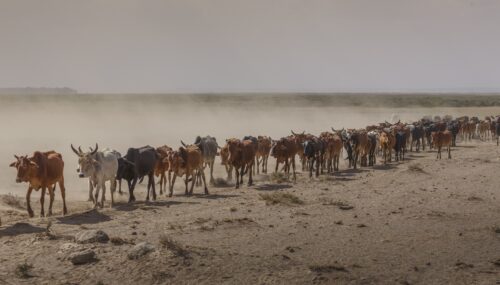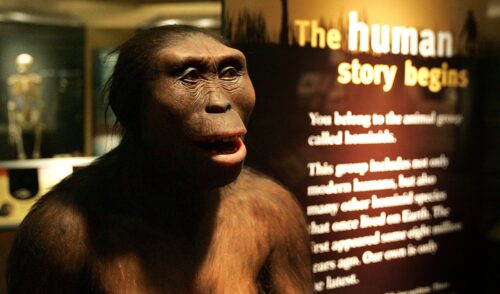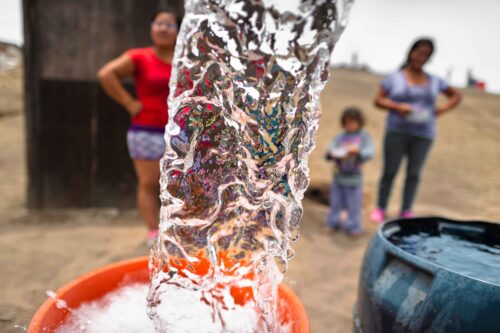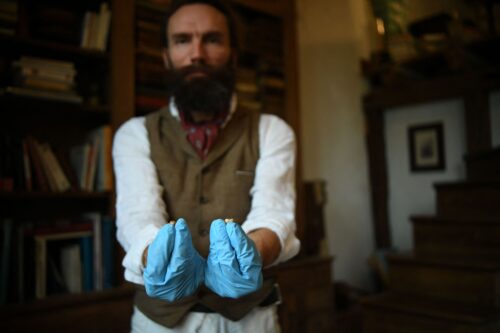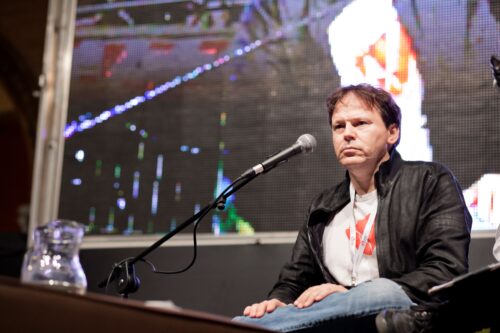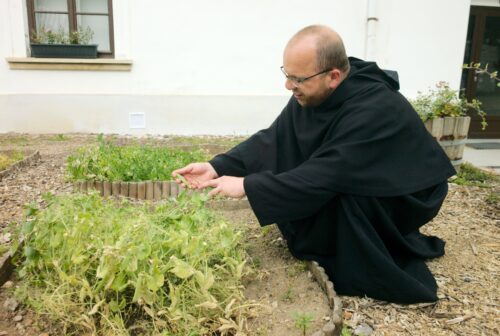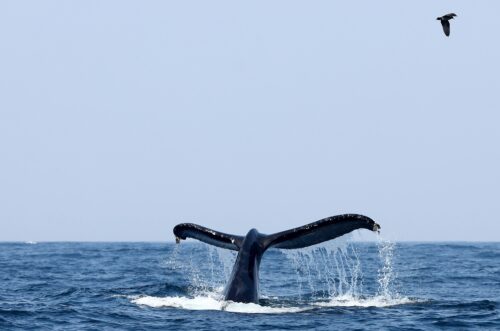Best of SAPIENS 2023

IN 2023, SAPIENS published more than 150 essays, opinion pieces, poems, and podcast episodes. These pointed a light on the diverse challenges of being human in 2023. Our anthropologist contributors from around the world offered their insights on everything human, such as dating apps, animal abuse, ethnographic filmmaking, solar power, police violence, cochlear implants, Bigfoot myths, games with spiders in the Philippines—and much more. While we’re proud of every piece we’ve published this year at SAPIENS, we’ve selected 10 that especially stand out to us (ordered to celebrate the wide range of topics anthropologists explore).
—The SAPIENS Editorial Team
REPRODUCTIVE JUSTICE
How Eugenics Shaped the U.S. Prenatal Care System
By Dána-Ain Davis and Kelley Akhiemokhali
Black women in the U.S. are far more likely to die from complications related to pregnancy and birth than White women. Two scholars explore how the discrediting of Black midwives helped create these racial disparities—and call for alternative models of prenatal care.
OUR BESPOKE PAST
My Search for the Origins of Clothing
By Ian Gilligan
An archaeologist uses climate data and tailoring tools to trace the invention and evolution of apparel in the world’s colder climates.
ANCIENT FISHING, MODERN QUANDRIES
Can Archaeology Help Restore the Oceans?
By Todd Braje, Emma Elliott Smith, Juliette Meling, and Torben Rick
On the Channel Islands, archaeologists draw lessons in sustainability from historic Chumash fishing practices.
THE POLITICS OF ANTI-TRANS RHETORIC
Two Myths Fueling the Conservative Right’s Dangerous Transphobia
By Alex Hinton
An anthropologist attends the Conservative Political Action Conference (CPAC)—ground zero for the current onslaught of anti-trans rhetoric and legislation in the U.S.
A SCIENCE LESSON
Extinguishing the Idea That Hobbits Had Fire
By Elizabeth Grace Veatch
Research has overturned earlier claims that a diminutive human relative, Homo floresiensis, lit fires—but big stories die hard.
RECLAIMING ARCHAEOLOGY
Advocating for Archaeology’s New Purpose
By Questions Worth Asking Symposium
Archaeologists can help communities retake what colonialism and racism tried to erase through a new goal of “archaeological reclamation.”
FOSSIL FUELS AND OCEANSCAPES
By Scott T. Erich
In the Persian Gulf and Gulf of Oman, fishing communities have become part of a complex “assemblage” of human and natural worlds shaped by the global fossil fuel industry.
CENSORING HISTORIES
What Does the Armenian Genocide Have to Do With Florida?
By Adam T. Smith
Archaeologists have increasingly ignored evidence for the 1915 Armenian genocide that has long been denied by Turkey. The consequences have lessons for the U.S. as Florida seeks to prevent educators from teaching about injustices in the country’s history.
CRIME AND PUNISHMENT TODAY
Inside Mexico City’s Surveillance State
By Esteban Salmón
An anthropologist investigates how one city’s rapidly expanding video surveillance system is transforming criminal investigation—sometimes in deeply flawed ways.
A NEW WORLD ORDER
By Beni Sumer Yanthan
A tribal scholar from the state of Nagaland in India engages with the loss of traditional cultural practices and locates the creation of a new world order where the “natural” is increasingly isolated from the “human.”





